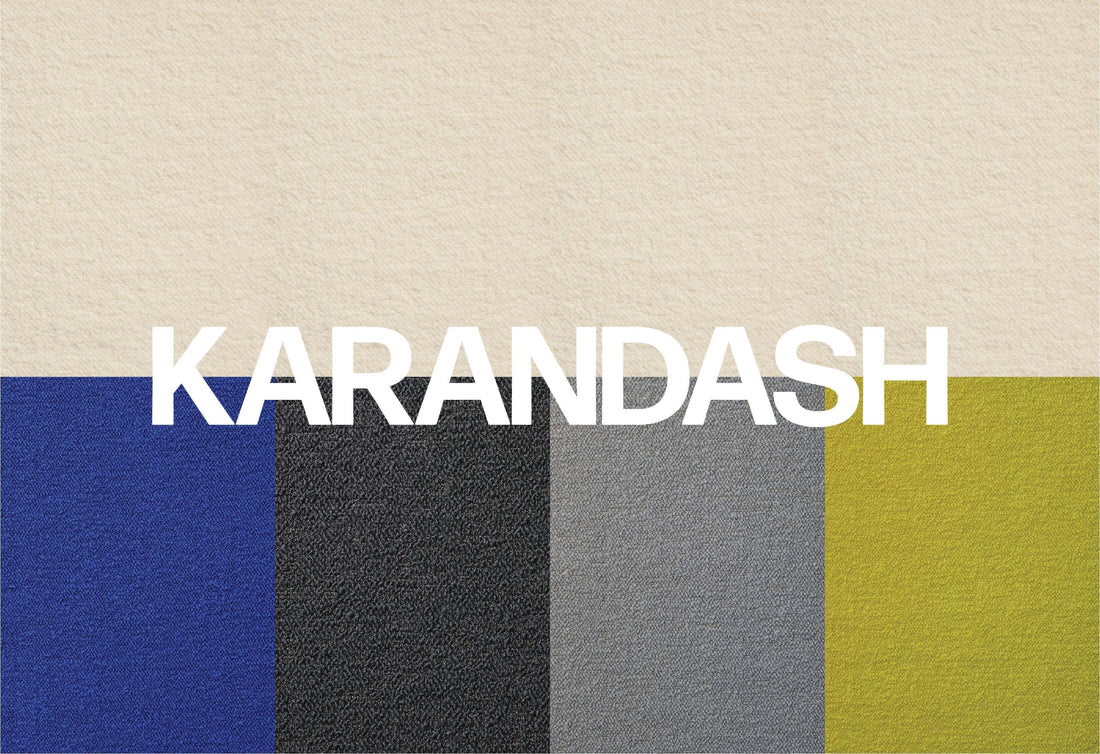Karandash
The bouclé textile draws inspiration from astrakhan fur, takes two ways. Karakorum represents the cotton wool and viscose bouclé. Aesthetic features include: soft to the touch and valuable brightness, accentuated by a slight mélange effect which adds depth to the colour. Karandash is the twin variety, with a range of matt colours and a wool and cotton composition solely. Colours, the opaqueness of the surface and style are all modern elements.
Founded in 1976, Dedar is a family-run fabric house that expresses a personal style with its cutting-edge contemporary collections. Located close to Como, in the heart of a manufacturing district, Dedar experiments and innovates to attain product perfection through an ongoing dialogue with those craftsmen and textile specialists who are most familiar with the techniques employed in the production of excellent fabrics. Characterized by seductive colour palettes and unexpected patterns, Dedar’s fabrics combine precious yarns with research into fibre technology to offer various solutions for curtains, upholstery and wall coverings of timeless elegance. From 2011 to 2020, Dedar partnered with Hermès in the production and distribution of furnishing fabric and wallpaper collections. The company has also embarked on a strategic project to integrate issues related to sustainable development into the choices, processes, and corporate objectives which has led the company to the drafting of the first Sustainability Report.
Dedar has embarked on a virtuous long-term path to identify concrete actions through which it can contribute to a better future from an environmental, economic, and social point of view. The company commitment to sustainable development is rooted in the desire to produce beauty and well-being for the community. For this reason, in 2019, Dedar drafted the first Sustainability Report, according to the international GRI (Global Reporting Initiative) methodology, enabling the company to transparently report corporate impacts in the environmental, social and economic fields, as well as to introduce its action areas and objectives for a sustainable development. Dedar has also drawn up and applies the corporate Code of Ethics as being deeply convinced that there can be no sustainable growth and development in the long term without the integration of the ethical principles of honesty, reliability, respect, fairness and transparency within the business. The Code of Ethics translates these principles into rules of conduct to guide the actions of all those who daily contribute to achieving the corporate mission.

